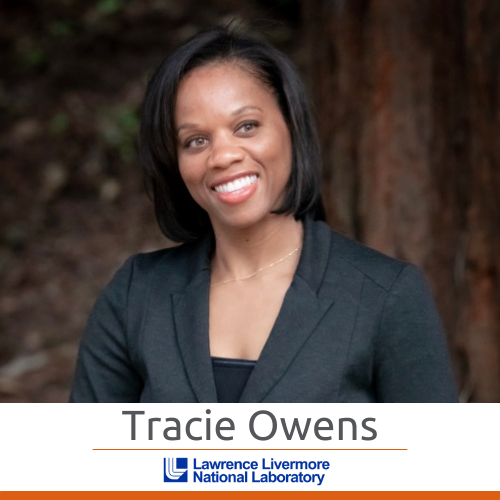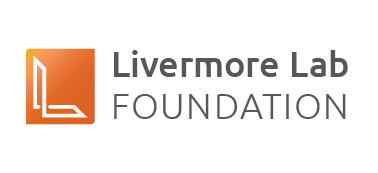LLF & LLNL Awarded UC Climate Grant

As we strive to combat climate change and accelerate the transition to a new carbon economy, it’s clear that the road ahead is multifaceted, encompassing not only environmental factors but also economic, educational, and societal. Increasing public awareness, addressing evolving workforce needs, and engaging students from vulnerable and/or underrepresented communities will be critical to a viable path forward. It is essential to pursue the development of climate technologies in carbon management and associated energy solutions while also considering direct community benefits for those living in front-line regions.
So, how can we align climate resilience research with entrepreneurial, equitable, environmental, and energy justice (EEEEJ) considerations to ensure a sustainable future for all? Supported by a ~$1M grant from the University of California (UC), the Livermore Lab Foundation (LLF), is working with Lawrence Livermore National Laboratory (LLNL) to advance climate solutions, research, and education around the new carbon economy by investing in student fellows and research teams. The award is part of the historic $185M partnership between the State of California and UC to tackle the climate crisis by building upon existing innovation and entrepreneurship resources across the UC system and UC-affiliated national laboratories. Funds were designated to aid California’s most vulnerable communities by mitigating negative effects of climate change through outreach, training, research, and community events.
 “We’re excited to be partnering with LLF on this opportunity to engage California students in entrepreneurship and the climate innovation activities going on at LLNL.” – Tracie Owens, Technical Advisor and Staff Engineer in the Materials Engineering Division at LLNL
“We’re excited to be partnering with LLF on this opportunity to engage California students in entrepreneurship and the climate innovation activities going on at LLNL.” – Tracie Owens, Technical Advisor and Staff Engineer in the Materials Engineering Division at LLNL
Livermore’s initiative involves three key areas of focus for the new carbon economy: providing underrepresented students with access to LLNL research and training that enables them to participate in scaling up carbon technology solutions; assisting companies and start-ups to identify necessary technology and job skills for the future climate tech workforce; and providing a voice to environmental community groups so that their ideas and input can be considered early and effectively as new technologies emerge.
Students will be recruited through LLF’s summer fellowships program and will collaborate with LLNL researchers to refine a technology idea leveraging the Lab’s structured technology development approach. Up to six teams, each consisting of 1-2 undergraduate/graduate students and one Lab mentor, will be selected for awards in the Summer of 2024. Students will receive training, networking, and coaching on entrepreneurship and product development best practices designed to innovate and develop their technology ideas for market. At the end of the summer, these teams will present their final research projects at a regional convening with industry and academic stakeholders. “Establishing these opportunities for the next generation to contribute to the emerging carbon economy is pivotal to transforming global scale solutions into reality,” noted Sally Allen, Executive Director at LLF.
